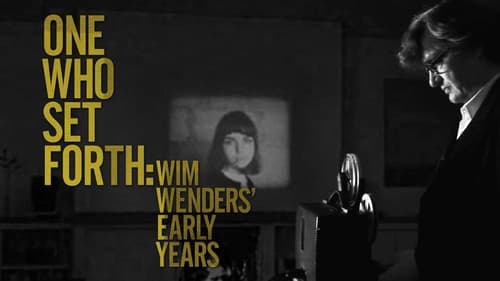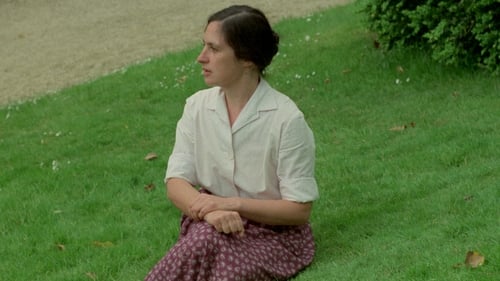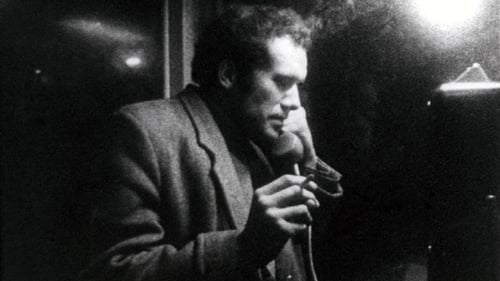
Self
The early films of Wim Wenders are now regarded as landmarks of European film. Alice in the Cities, Wrong Move and Kings of the Road became foundations of the German New Wave and cemented the reputation of their director. In One Who Set Forth: Wim Wenders' Early Years Marcel Wehn explores the background to these films. Through personal recollection and rare home movie footage, it documents the director's early life, from experiments with his first camera, via his deviation from a career in medicine in favour of art and film, through to international recognition for the Road Trilogy. Central to these were themes that became cornerstones of all his work: national identity, the importance of personal relationships and the allure of the road. With contributions from the director and the many collaborators who helped define his vision, One Who Set Forth is a compelling account of Wim Wenders' life and work.

himself
Film critic and scholar Helmut Färber analyzes the final scene of Eisensteins "October: Ten Days That Shook the World"

Director
Film critic and scholar Helmut Färber analyzes the final scene of Eisensteins "October: Ten Days That Shook the World"

Director
Film critic and scholar analyzes Jean Renoir's two films "Le Testament du docteur Cordelier" and "Le Déjeuner sur l’herbe".

Himself
TV documentary about the bicycle sequence in Ozu`s Banshun (Late Spring)

Director
TV documentary about the bicycle sequence in Ozu`s Banshun (Late Spring)

Director
Film critic and scholar Helmut Färber recounts the life and work of Robert Bresson

Filmhistoriker
Berlin Film Fest 1984. The best place for every cinema fan. Everyone wants to be in on the festival, but that may be really difficult, if one has no accreditation. Also Journalist Matthies gets to know the rules of being in or out when he wants to see a screening and is not welcome. Thus he watches an old German silent flick which he is barely interested in. The next day the newspapers are full of reports about a newly discovered German masterpiece from the silent era. It seems that Matthies had luck. He just saw *the* film everybody is talking about now. Also everybody is speculating about its director, who remains unknown. When Matthies talks to Ackrewa, an old befriended projectionist, about the film, the latter seems to recall the name of the director. Matthies decides to research the case. An odyssey into film-history begins and if it is successful Matthies will come up with a top story.

Director
Film critic and scholar Helmut Färber recounts the the life and work of Erich von Stroheim

Director
Film scholar Helmut Färber discusses Griffith' A CORNER IN WHEAT.

Self

(Re)citer
Basado en el poema "Una tirada de dados jamás abolirá el azar", escrito por Stéphane Mallarmé en 1897. Fue rodado en el cementerio Père Lachaise de París en mayo de 1977. (FILMAFFINITY)

Director
Helmut Färber makes connections between architecture and film

Himself
Released from prison a man wanders through a new reality

Writer
Three sequences are linked together in this short film by Straub; the first sequence is a long tracking shot from a car of prostitutes plying their trade on the night-time streets of Germany; the second is a staged play, cut down to 10 minutes by Straub and photographed in a single take; the final sequence covers the marriage of James and Lilith, and Lilith’s subsequent execution of her pimp, played by Rainer Werner Fassbinder. "The film is a look entirely at Western decadence" - Jean-Marie Straub.






